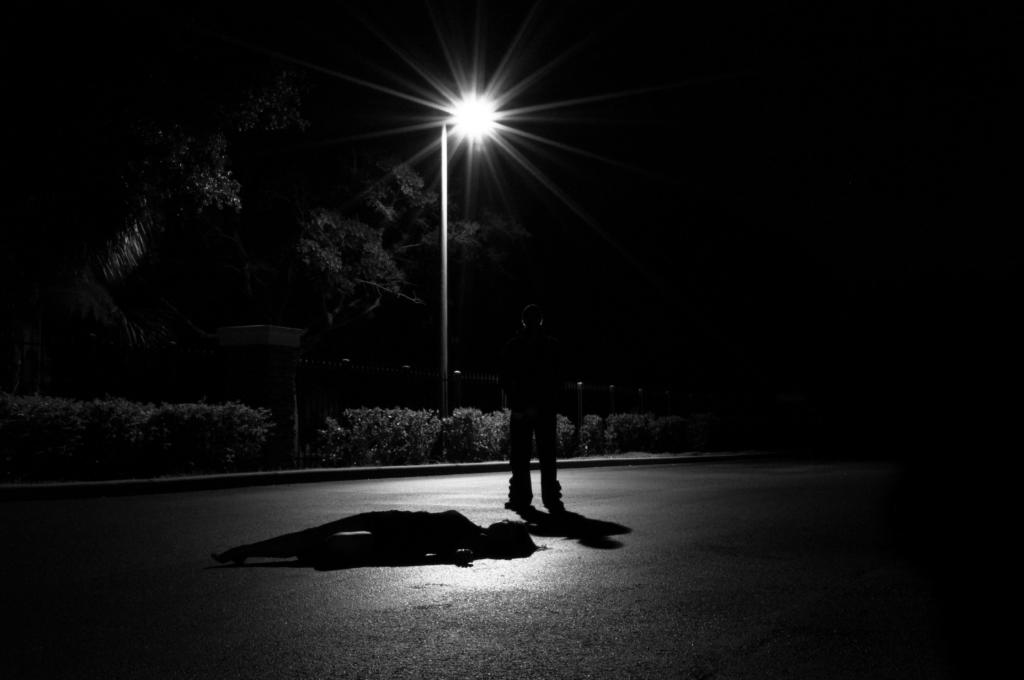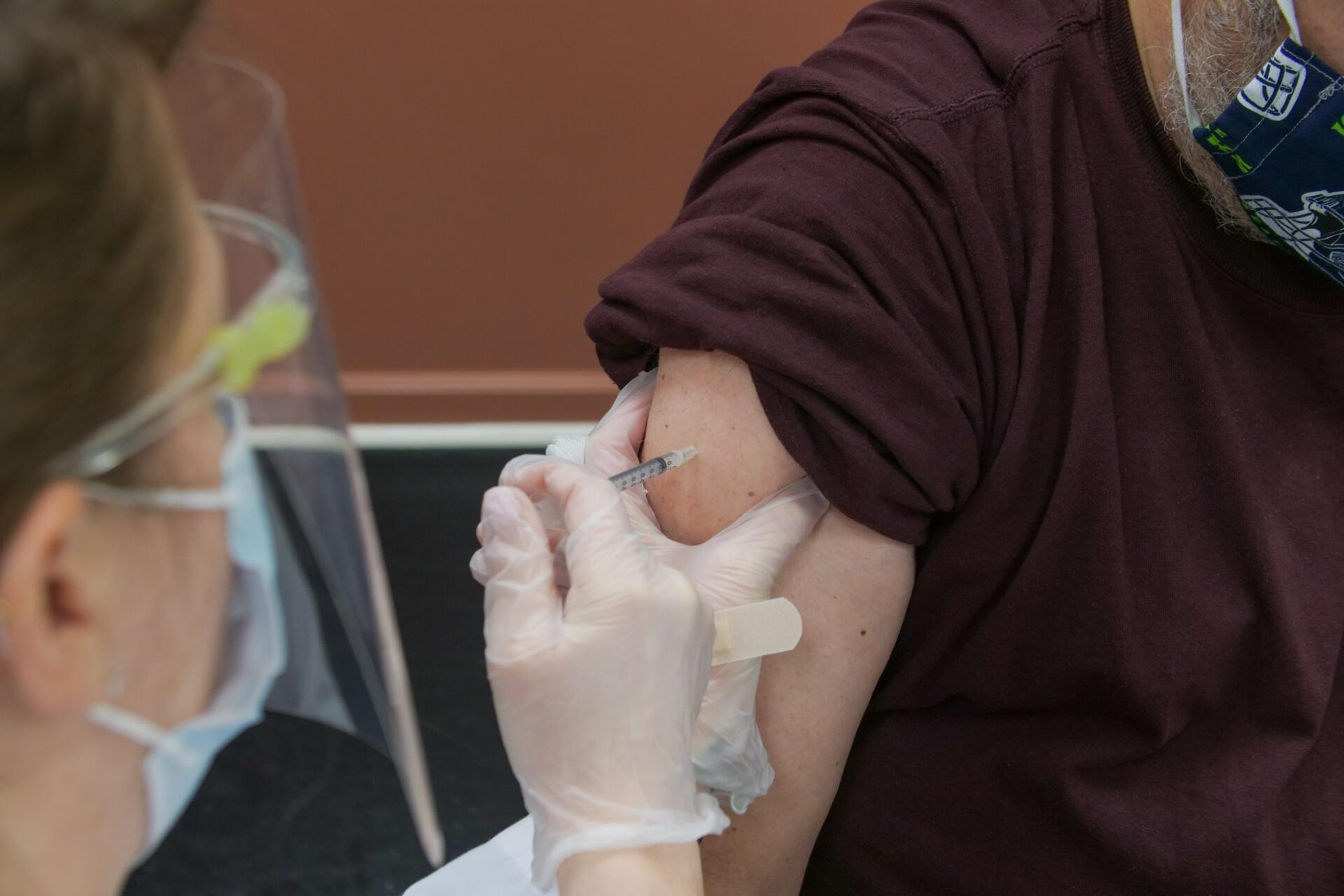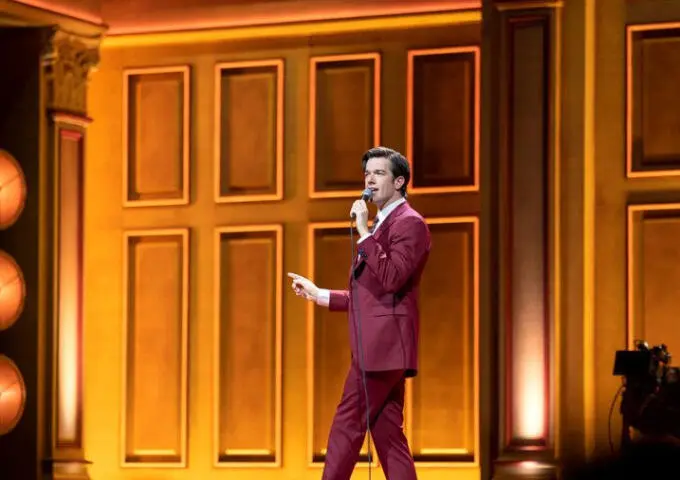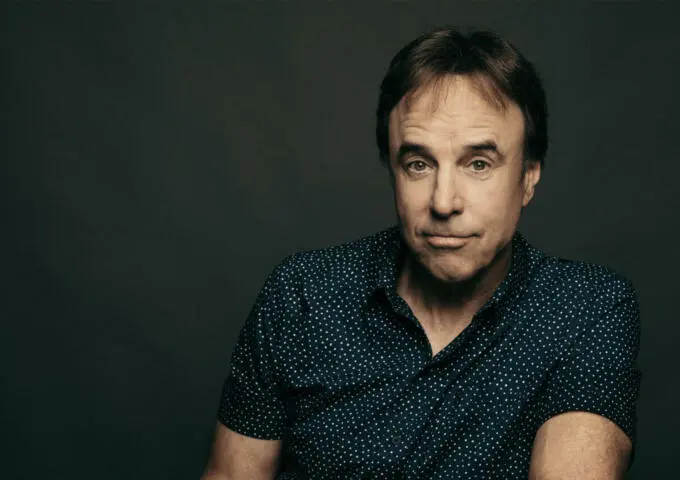The Shout out:
The coronavirus vaccine effort has begun.
Your turn:
How would you rate the effort so far? Are you happy with the way the vaccination program is working or can it be improved?
Send your thoughts to voices@philadelphiaweekly.com
Locked and loaded
Re: “Granny, get your gun,” (Jan. 7-14)
I’m in my 60s, female and have a loaded double-barrel shotgun. During the riots last year, I made sure the gun was loaded. I also made sure I had a clear shot at the front door. I was going to protect myself, meet force with force.
I’ve been shooting that gun for many decades. I’m able to reliably take out a clay bird. I’ve used the gun to protect my children and the animals on our farm. I’d had coyotes kill calves and emus.
Last year was the first time I was prepared to protect myself against people. I don’t like knowing that I have the power, skill and courage to point and shoot.
Anonymous
End the ZIP Code exclusion
Anyone else feel excluded and yet still wish to help?
Elected officials, whose actions affect us, hide behind ZIP Code exclusions. The exclusions prevent anyone outside his/her district from expressing a point of view by email to them about their policies.
Is that ethical or fair? Is it helpful for those officials? No.
Consider an opinion that has wide importance for which you wish to approve or disapprove and make beneficial suggestions to that elected official. We are excluded from doing that by email unless we live in the ZIP Code of that district.
This makes sense for dogcatcher issues, but not for wider, national issues of, say, the Speaker of the House. The Speaker is making significant decisions that affect every citizen. Her website, and those of many other officials, exclude all citizens who are directly affected by her decisions from explaining our concerns to her by email.
The present ZIP Code exclusion is part of why so many officials are insulated in their provincial bubbles. Liz Cheney, Madelaine Dean and so many others now in the spotlight would be educated, helped and understand issues better if they could read suggestions from citizens who live outside their district and are also affected by their decisions.
I propose that elected officials be required to have their emails accessible to those who wish to contribute ideas and comments to the issues at hand and be required to stop excluding opinions of citizens not in their districts.
We are all in this together, after all.
Gardner A. Cadwalader | Philadelphia
Kill bill that would politicize judgeships
I am writing about HB38, a bill that was narrowly moved forward out of the Judiciary Committee for consideration by the State Legislature. HB38 calls for the establishment of judicial districts that can then be gerrymandered to give advantage to the nominees of the majority party. This would make our judges more partisan. Judges are currently elected at large, and that is the way it should remain. They should not be beholden to legislators of the majority party. We need the most qualified individuals to fill judgeships, not party lackeys. I am asking legislators to vote against HB38.
Janet Finesilver | Prospect Park

How to get away with murder in Philadelphia
In 2020, the city of Philadelphia exceeded its highest number of homicides since 1990, with the official total being 499. To put this into a national perspective, consider that Houston had almost 100 fewer murders than Philadelphia despite having 782,000 more people. And New York had 37 fewer murders than Philadelphia despite having 6,861,000 more people.
While these types of chilling statistics have normally been met with an immediate change in law enforcement policies and criminal justice leadership, the mayor, police commissioner, district attorney, and media establishment in Philadelphia seem more concerned with controlling the narrative than making communities safer. This is evident when looking at an overnight scramble on New Year’s Eve by police officials to keep murders under 500 (the record set in 1990), as well as the growing use of the “suspicious death” classification, referred to as “S-jobs” by Philadelphia police.
When examining “S-job” deaths in 2020, Captain Jason Smith, Homicide Commanding Officer, said there may be as many as 173 cases. While Smith cites instances where S-cases were added to the homicide count, other police sources say that S-jobs may be a tool used by headquarters to keep the murder count down. A change in the tally and timing of when homicides occurred on a bloody, three-murder New Year’s Eve leaves many people wondering if the statistics are legitimate. Had they been tallied in a transparent manner, such record keeping wouldn’t warrant attention. However, the sheer number of these cases, combined with the city’s record-breaking number of homicides and the police department’s last-minute statistics changes, should be earning a great deal of media scrutiny and calls for reform by political leaders.
At 12:01 a.m. on December 31, the city had reported 498 murders – a statistic that remained the same throughout New Year’s Eve despite news coverage of the murder of a 15-year-old that afternoon. When the tally was briefly reconciled on the morning of January 4, the 2020 homicide total lurched to 502. After two hours of social media erupting over the shocking statistic, the tally was lowered to 499. When questioned in the Philly Trial Blog by veteran crime reporter Ralph Cipriano, the city said the change from 502 back to 499 murders was a statistical error made by a web designer, an explanation that sources within the police department say was more likely a coverup than a technical error.
This has been corroborated by senior sources from within the department, some of whom have accused their own public affairs unit of lying to the press. They cite a December 23, 2020, shooting victim who died at the hospital on January 1, 2021. The medical examiner contacted Police Homicide on January 2 to tell them the cause of death was a gunshot wound to the abdomen from the December 23 shooting. However, the police department gave this murder a case number of M-21-04 (the fourth murder of 2021), when in actuality, it was case # M-20-500 (the 500th murder of 2020).
But even if we disregard the blaring inconsistencies and take the tally of 499 to be true, the city sadly had a 40 percent increase in murder from 2019’s 356 murders. A statistic that is an embarrassment for the nation’s fourth-largest police department and the mayor. And a statistic that has shown how the fourth estate has allowed officials to play down a massive loss of life on Philadelphia’s streets.
By using the COVID-19 pandemic as an excuse, local government officials have “handled” the press through pre-screened Zoom conferences where these officials can easily avoid the few challenging questions that may come their way. As the year drew to a violent close, Commissioner Outlaw showed how easy it is to maneuver around malleable media by declining interviews about rising crime but agreeing to an interview on, “what’s it really like being the first black woman at the top coming in from the outside.”
Similarly, DA Larry Krasner often shifts the blame to national politics when confronted by the press about the numerous cases involving suspects who were previously released without bail, undercharged, or simply set free by his office. And too often, local media obliges his fantasies or ignores his contradictions. The Philadelphia Inquirer ran a story of how Krasner “blasted” low bail policies that contribute to the city’s record murder rate while blindly omitting that Krasner ran on the issue of “eliminating cash bail.”
This sort of “journalism” renders the Inquirer newsroom a surrogate of the Krasner campaign in many people’s eyes and highlights a troubling trend in local crime reporting. Harvard’s Nieman Lab even published an article by two Philly activist reporters calling for the elimination of the crime beat.
This may be because the same people funding these biased media initiatives are those also funding the campaigns of Larry Krasner and other radical prosecutors across the country – all of whom held office amid the rising homicide rates in 2020. Or it may simply be a radical ideology given too much power.
Thankfully, not everyone simply accepts Krasner’s troubling policies. Carlos Vega, the city’s former top homicide prosecutor and current district attorney candidate, placed the blame for the rise in murders on Krasner, saying, “The police are doing their job and Larry Krasner is deciding not to prosecute.”
There’s plenty of blame to go around. But with everyone with any influence over bringing down violent crime in 2021 more interested in controlling the 2020 narrative, it’s uncertain whether that blame will land on anyone at all.
A. Benjamin Mannes, MA, CPP, CESP, is a Subject Matter Expert in Security & Criminal Justice Reform based on his own experiences on both sides of the criminal justice system. He has served as a federal and municipal law enforcement officer and was the former Director, Office of Investigations with the American Board of Internal Medicine. @PublicSafetySME. This article was originally published at Broad + Liberty. Follow them on Twitter @BroadAndLiberty.





